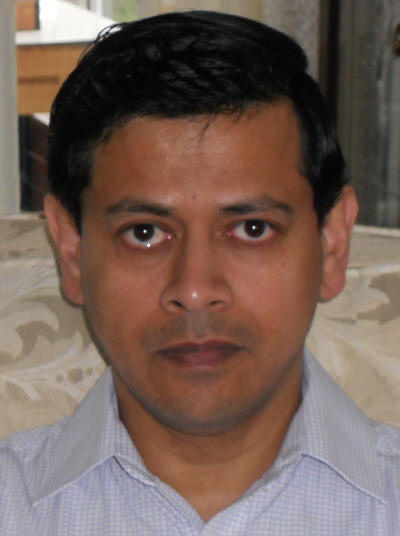Catholic Medical Quarterly Volume 66(1) February 2016
Editorial
Reflecting on The Family Synod:
The Light and Truth of Conscience
Dr Pravin Thevathasan
 The recent Synod on the Family has given us plenty of opportunities to
reflect on fundamental moral principles including what we mean by
conscience. In his excellent book "The Moral Dignity of Man" published
some years ago, Peter Bristow writes:
The recent Synod on the Family has given us plenty of opportunities to
reflect on fundamental moral principles including what we mean by
conscience. In his excellent book "The Moral Dignity of Man" published
some years ago, Peter Bristow writes:
"The dignity of man is closely connected with his conscience, because it is a spark of the divinity within him. It is the voice of God in us and not the creation of man." Man's dignity grows when he follows his conscience when this is formed according to right reason and the dictates of natural law. Father Bristow notes that this link between the eternal law and conscience has been broken, at least in the secular world:
"The Enlightenment and Kant gave rise to the idea of the autonomous conscience which dictates norms to itself. Judgements of conscience from then to our day have become, for many, simply subjective decisions based on feelings, utilitarian principles and self-interest."
And so we have the situation of people carrying out evil acts in "good conscience". We have the doctor who performs abortions and goes to Holy Communion in "good conscience" and the politician who votes in favour of evil acts and goes to Holy Communion in "good conscience". Cardinal Newman was surely being prophetic when he wrote:
"Conscience has rights because it has duties, but in this age with a large portion of the public it is the very right and freedom of conscience to dispense with conscience, to ignore a Lawgiver and Judge, to be independent of unseen obligations....It is the right of self-will."
And so we confuse conscience with sentiment. In the Catholic tradition, we do have a right to follow our conscience. But we also have an obligation to form it in accordance with the laws of God. Father Bristow puts it well:
"Conscience is not a feeling, or an intuition, but an act of judgment based on reason. Furthermore, it is a reason which mirrors the eternal law which is immutable...."
It is true that certain complex moral conclusions require a degree of moral knowledge that most of us do not have. That is why we have Revelation and the Magisterium at the service of conscience and not at odds with it. The much touted internal forum solution is certainly a matter of conscience and, as such, must always reflect the eternal law which is immutable. There can be no conflict between pastoral solutions and doctrine, between conscience and natural law. God cannot contradict Himself. Aquinas is our theologian, not Hegel. In the words of Pope Saint John Paul, whose Petrine shadow fell so mercifully on the synod, there can never be a gradualness of the law. Objective moral norms are precisely that: the same in Germany as they are in Africa. Saint John Paul also said that there can be a legitimate law of gradualness: There needs to be "pastoral accompaniment" involving discernment. But such accompaniment can never run contrary to the eternal law.
References
- The Moral Dignity of Man. Peter Bristow, Four Courts Press.
